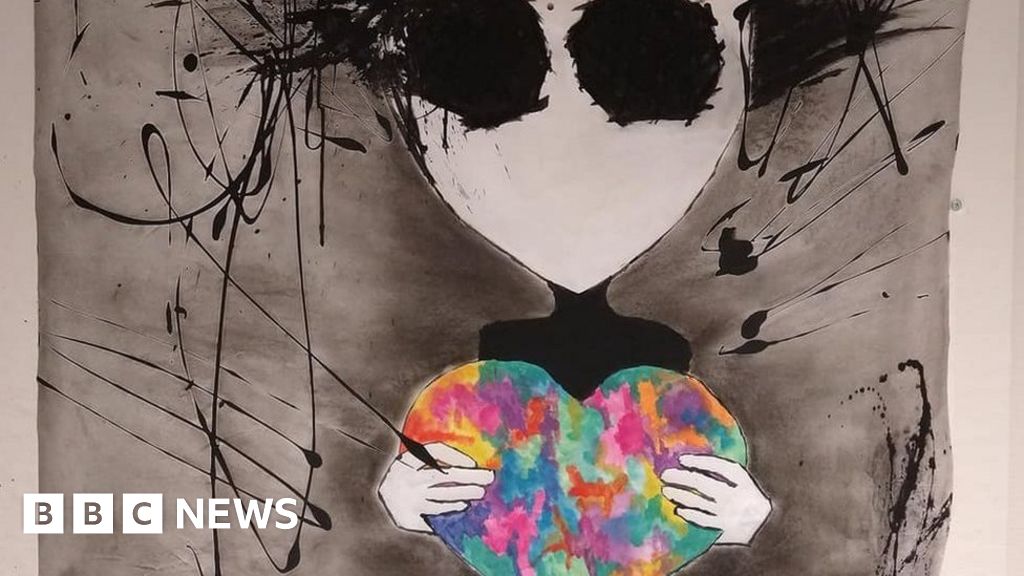
How Norway is offering drug-free treatment to people with psychosis - BBC News
People with psychosis are usually given powerful medication - in Norway they can now choose to go drug-free.
Most people with psychosis take powerful drugs to keep delusions and hallucinations at bay - but the side-effects can be severe. In Norway, a radical approach is now on offer via the national health system for patients who want to live drug-free.
Although many people with psychosis find anti-psychotic drugs enable them to live a normal life, it is thought around 20% of patients do not respond well. The side effects can be life-changing - extreme fatigue, weight gain, increased cholesterol and diabetes.
In Norway, concerns about the overall benefit of these drugs are compounded by a long-standing problem with forced treatment, which is more common here than in many other countries according to the limited number of international comparisons that exist.
The UN Committee Against Torture has singled out Norway's use of forced isolation in mental health facilities as something that must change.
Critics say the medication-free movement is driven by ideology rather than evidence. Dr Jan Ivar Rossberg, a psychiatrist who lives and works in Oslo, likens it to failed experiments in the 1960s and 70s when patients were given free rein in therapeutic communities, encouraged to take LSD and regress to childhood. This methodology was called "anti-psychiatry".
"History has shown us that this approach doesn't work, so we have stopped using it. We don't have treatment approaches shown to be effective without medication," he says.
Psychiatrists and patients around the world are watching what happens in Norway, where the government has taken decisive action to try and improve the lives of psychotic people by giving them more power over their lives. Globally, there's a reassessment of the way people with mental illness are treated and a will to reduce coercion.
Medication-free treatment could be just another therapeutic fad - or it could have the power to change psychiatry for good.




